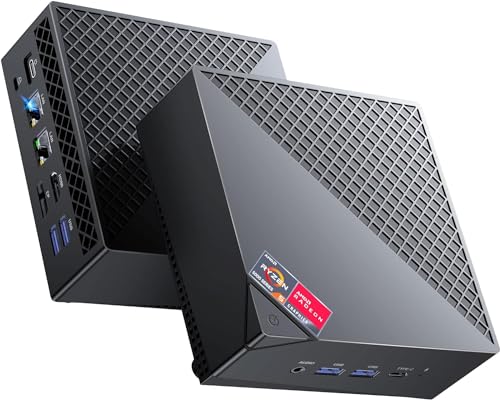Understanding CPUs: The Heart of Your Computer
What is a CPU?
The CPU, or Central Processing Unit, is often referred to as the brain of your computer. It processes instructions from applications and operating systems, executing tasks that keep everything running smoothly. Think of it as the conductor of an orchestra, coordinating all the different parts of your computer to work in harmony.
Why is the CPU Important?
The CPU plays a crucial role in computing performance. Whether you are gaming, video editing, or running everyday applications, the efficiency of the CPU directly influences how fast and smoothly your tasks are completed. A powerful CPU can handle more tasks simultaneously, leading to a better overall experience.
Key Factors to Consider When Choosing a CPU
Performance Metrics to Know
When selecting a CPU, understanding performance metrics such as clock speed, measured in gigahertz (GHz), is vital. Higher clock speeds generally indicate better performance, but it’s not the only factor. The number of cores and threads also impacts how well a CPU can multitask. A CPU with four cores and eight threads can handle more operations at once compared to a dual-core processor.
Compatibility with Your Motherboard
Compatibility is another key consideration. Not all CPUs will fit all motherboards, as each processor type requires a specific socket type. Before deciding on a CPU, check your motherboard specifications to ensure they can accommodate your choice.
Use Case Scenarios
Identifying your primary use case helps in choosing the right CPU. For gaming, you might prefer a CPU with a higher clock speed and fewer cores. However, if you’re into video editing or 3D rendering, a CPU with more cores will excel at processing intensive tasks.
Top CPU Brands and Their Offerings
Intel: The Long-standing Leader
Intel has been a leading brand in the CPU market for years, offering a range of processors suitable for various needs. Their Core series, including i3, i5, i7, and i9, cater to everyone from casual users to high-performance gamers. Intel’s architectures typically focus on single-thread performance, making them ideal for gaming.
AMD: The Rising Competitor
AMD has gained significant traction with its Ryzen series, offering competitive performance at attractive prices. With a strong focus on multitasking and performance in heavy workloads, Ryzen processors are favoured by content creators and gamers alike. Their architecture allows for higher core counts, which can greatly benefit tasks that require multiple threads.
How to Match Your CPU with Other Components
Ensuring Balanced Performance
To get the most from your CPU, it’s important to match it with compatible components. A high-end CPU paired with an outdated graphics card will bottleneck your performance. Aim for a balanced system where components work together, ensuring that your power supply, motherboard, and RAM are adequate for the selected CPU.
Choosing the Right RAM
RAM compatibility is another aspect to consider. Most modern CPUs benefit from at least 16GB of RAM for optimal performance. However, if you’re into heavy multitasking or gaming, going for 32GB can provide extra headroom, ensuring that your system runs smoothly without hitches.
Tips for Installing and Upgrading Your CPU
Preparation and Tools
Before installing your CPU, gather the necessary tools, such as a screwdriver and thermal paste. Ensure your work area is static-free by grounding yourself. Always read the manual for both your CPU and motherboard to follow the correct installation procedures.
Installation Steps
When installing, be mindful of the CPU alignment with the socket. Place it carefully and secure the latch. Apply thermal paste to prevent overheating and attach the CPU cooler according to its instructions. These steps will help ensure that your CPU runs efficiently.
Upgrading Considerations
When upgrading, take the opportunity to check your cooling system. More powerful CPUs can generate more heat, so ensuring your cooling solution is adequate will prolong the life of your hardware. Always check if a BIOS update is required for your motherboard to fully support the new processor.


























